
- Article
- Article
The food diary and the power of unhealth
Food diaries might appear to present a strictly factual record of dietary choices, but what they don’t include is the more revealing story, as Virginia Hartley suggests.
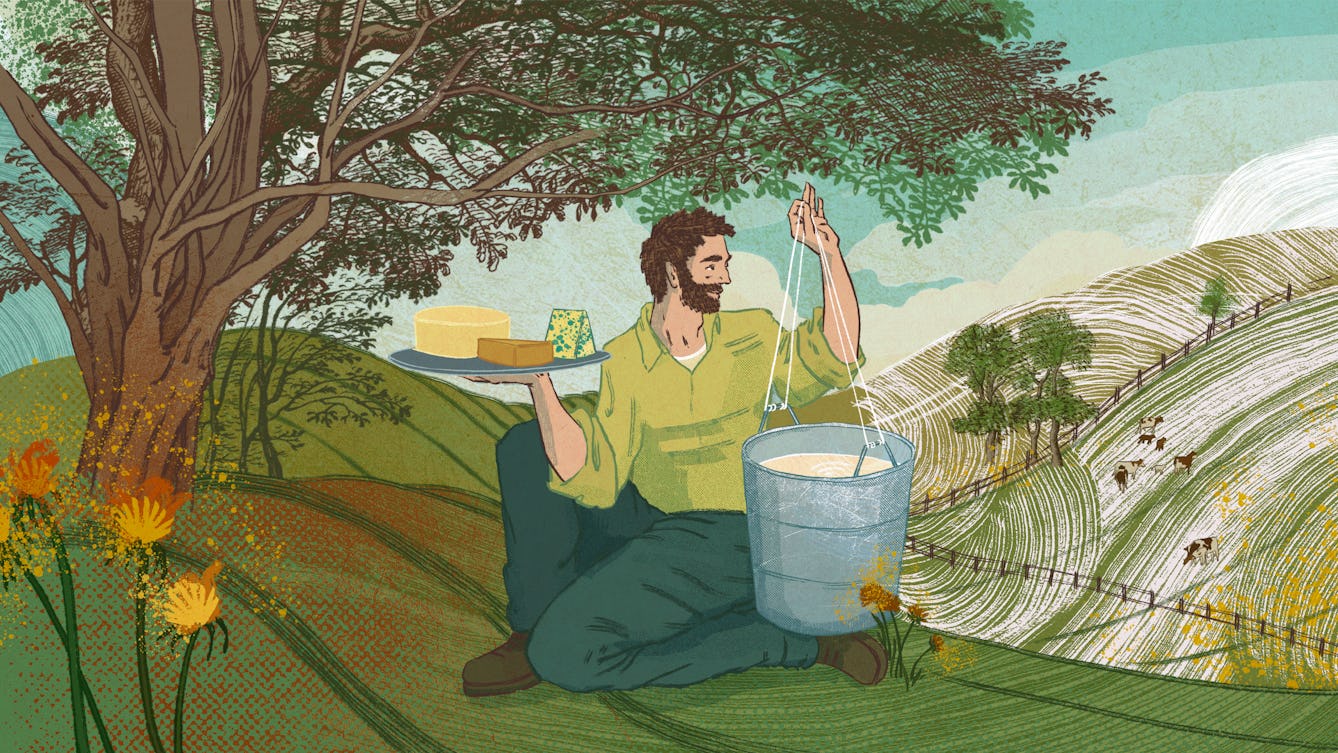
- Article
- Article
Soil health and dairy farming in the UK
Although healthy soil means more nutritious dairy products, modern intensive farming methods pollute and degrade the environment. However, a regenerative agriculture movement is kicking back against mainstream industrial farming.

- Article
- Article
Good animals, bad humans?
Could an animal be more evolved than a human? Victorian psychologists thought that in some cases the answer could be ‘yes’.
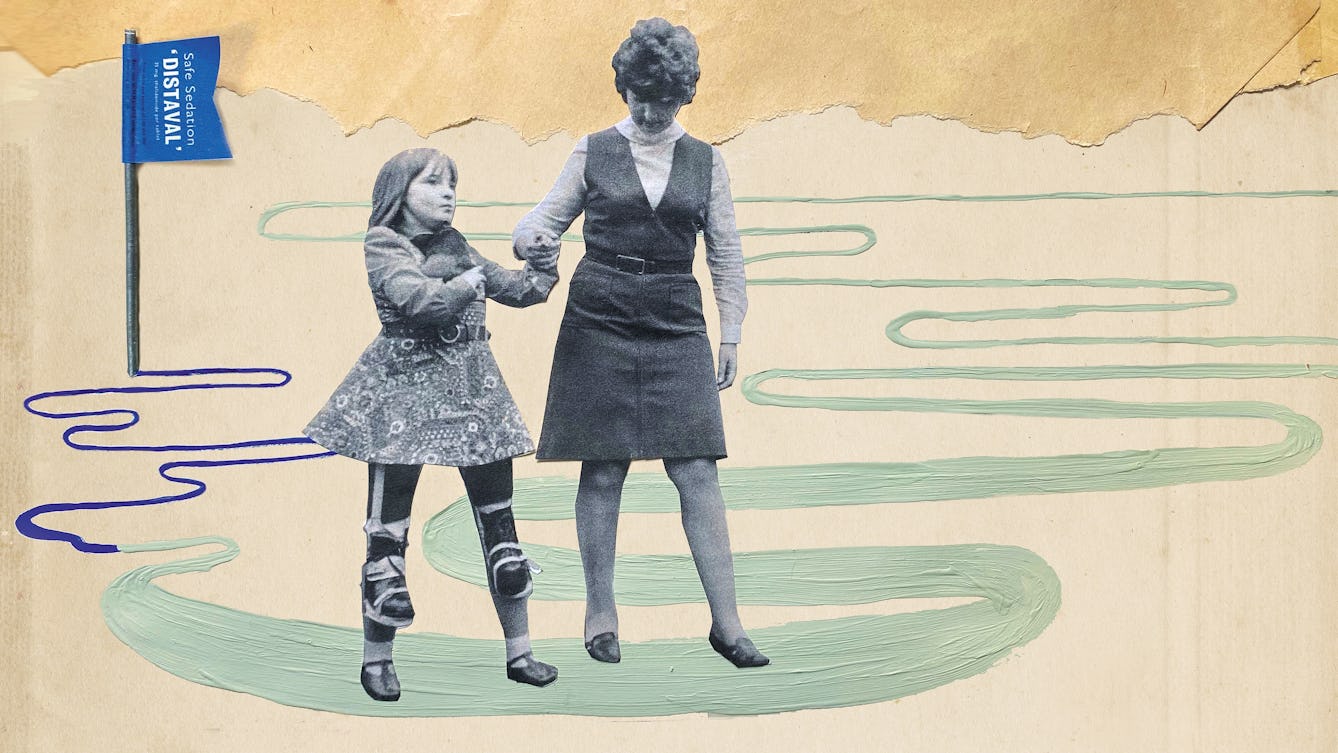
- Article
- Article
Adapting to life as a thalidomide survivor
Growing up as a thalidomide survivor meant coping with all the usual challenges of childhood and adolescence, while having to fit into a world designed for the able-bodied.
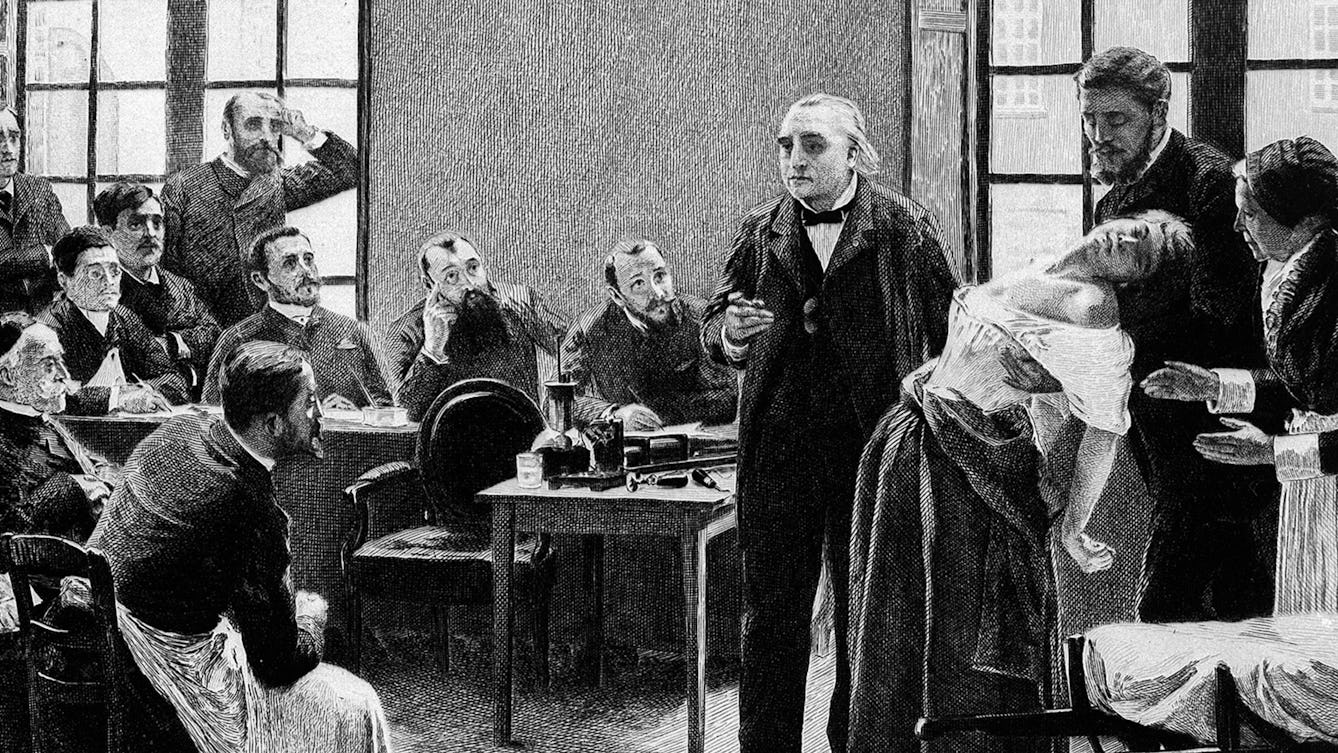
- Article
- Article
What is hysteria?
Hysteria has long been associated with fanciful myths, but its history reveals how it has been used to control women’s behaviour and bodies
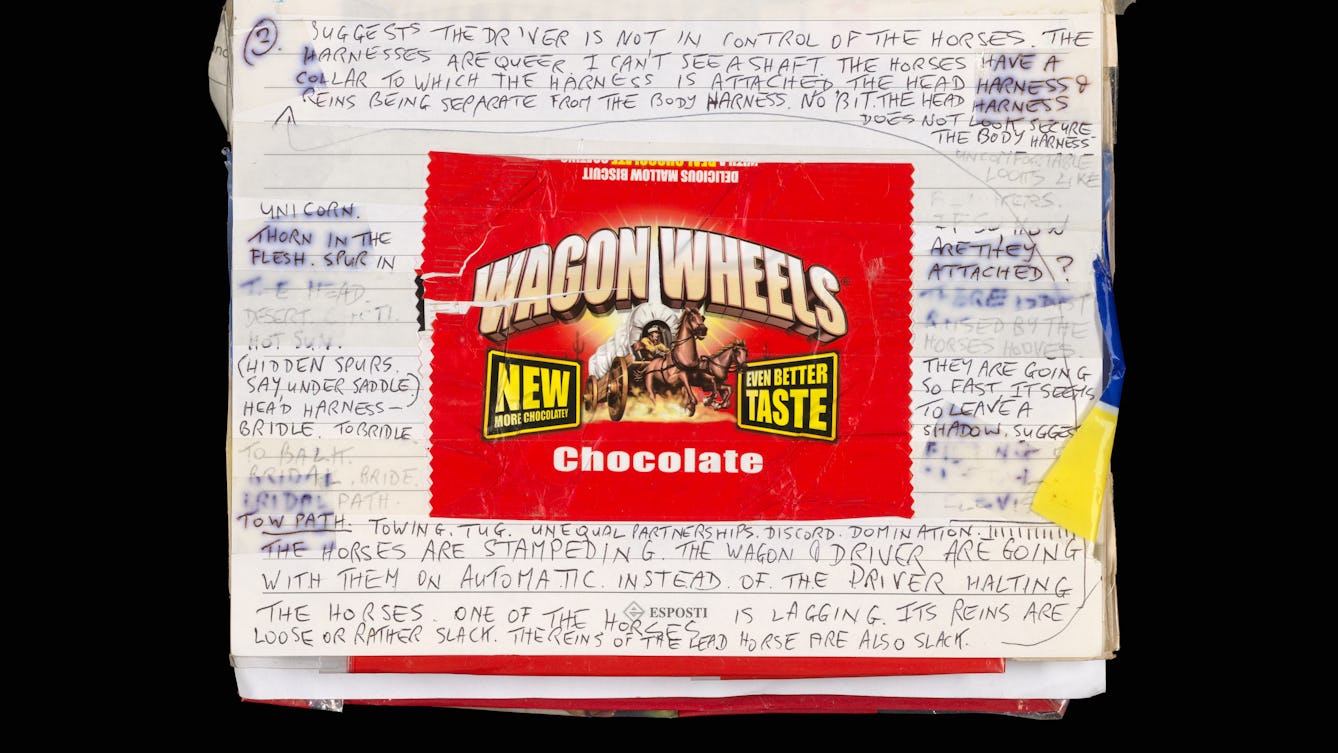
- Article
- Article
Cataloguing Audrey
Work begins in earnest to restore order to the archive Audrey Amiss kept of the minutest happenings in her life. Like detectives, the archivists search for subtle clues to chronology in the mass of materials.
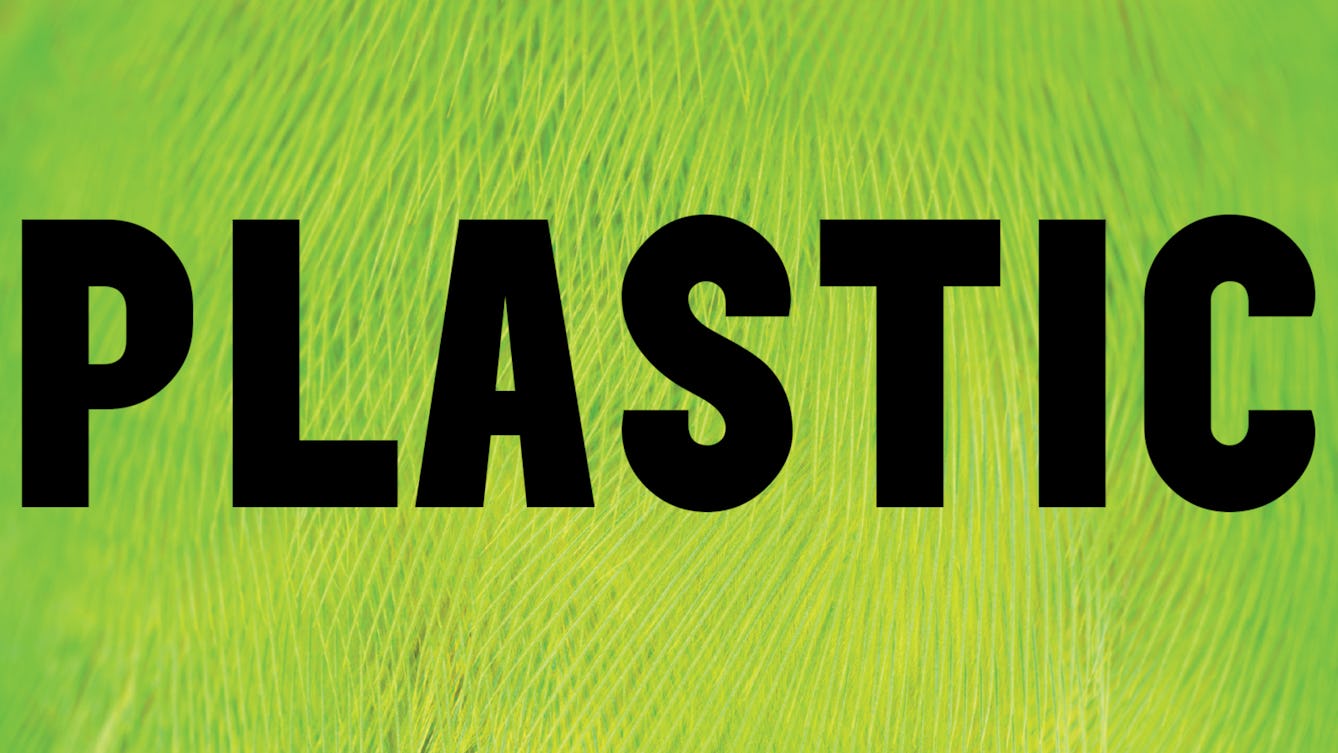
- Article
- Article
Sharing Nature: Plastic fantastic
There are serious concerns about plastics in the environment. Yet they make our lives much easier, even in the natural world.

- Article
- Article
The law of periodicity for menstruation
Dr Edward Clarke's Law of Periodicity claimed that females who were educated alongside their male peers were developing their minds at the expense of their reproductive organs.
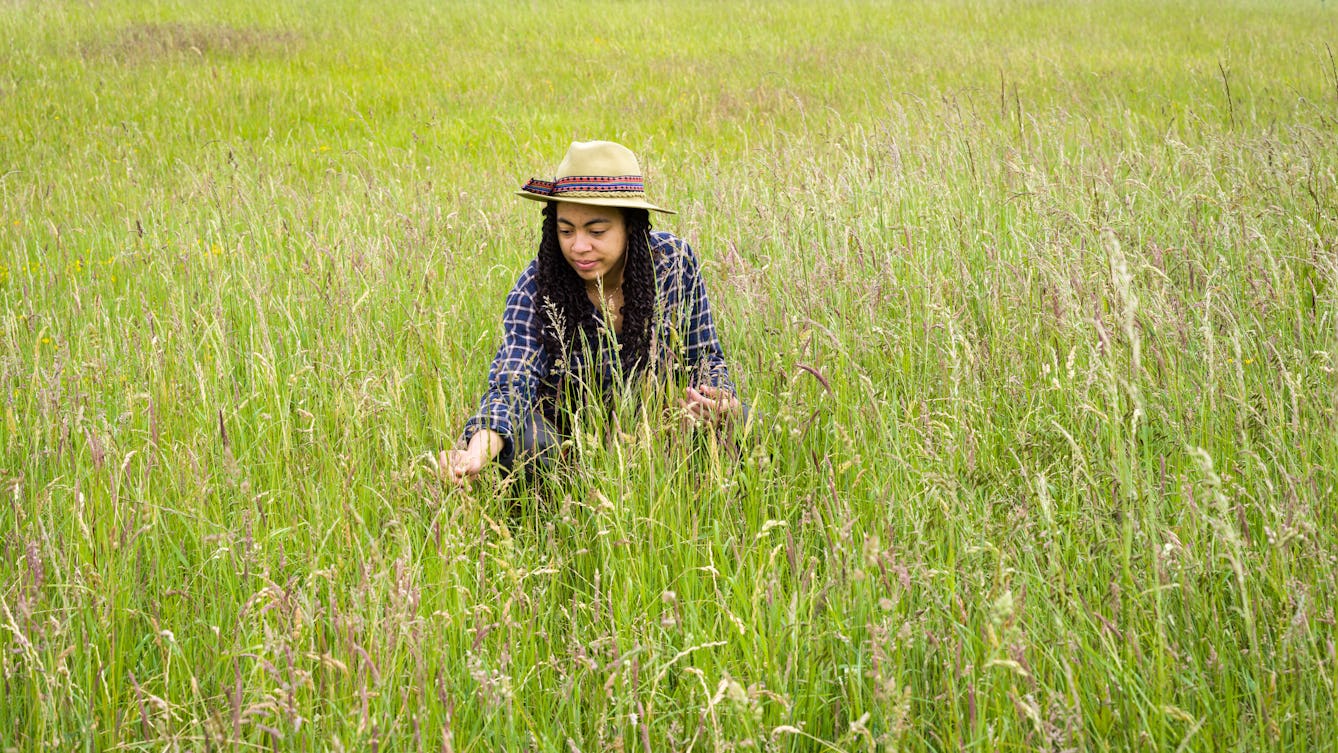
- Article
- Article
Beyond a green carpet
Plant ecologist Sara Middleton explores the amazing symbiotic relationships between the species that make up grasslands, and considers their future as rain becomes more scarce.

- Book extract
- Book extract
Eating their own kind
In his grisly history of cannibalism, zoologist Bill Schutt asks what drives an animal to feast on its own flesh and blood.

- Article
- Article
Shakespeare and the four humours
Blood. Phlegm. Black bile. Yellow bile. The theory of the four humours informed many of Shakespeare's best-known characters, including the phlegmatic Falstaff.

- Article
- Article
The trouble with too many things
Hoarding is a slippery subject – difficult to define or diagnose. As she tries to explain the intensity of her grandma’s collecting, Georgie Evans finds the words and tools at her disposal aren’t all that helpful.

- Article
- Article
Maria McKinney on ‘Sire’
All my grandparents were farmers; I grew up in the countryside surrounded by farms and helped neighbours herd sheep and cattle into the field. My body of work called ‘Sire’ looks at the genomics of modern cattle breeding.
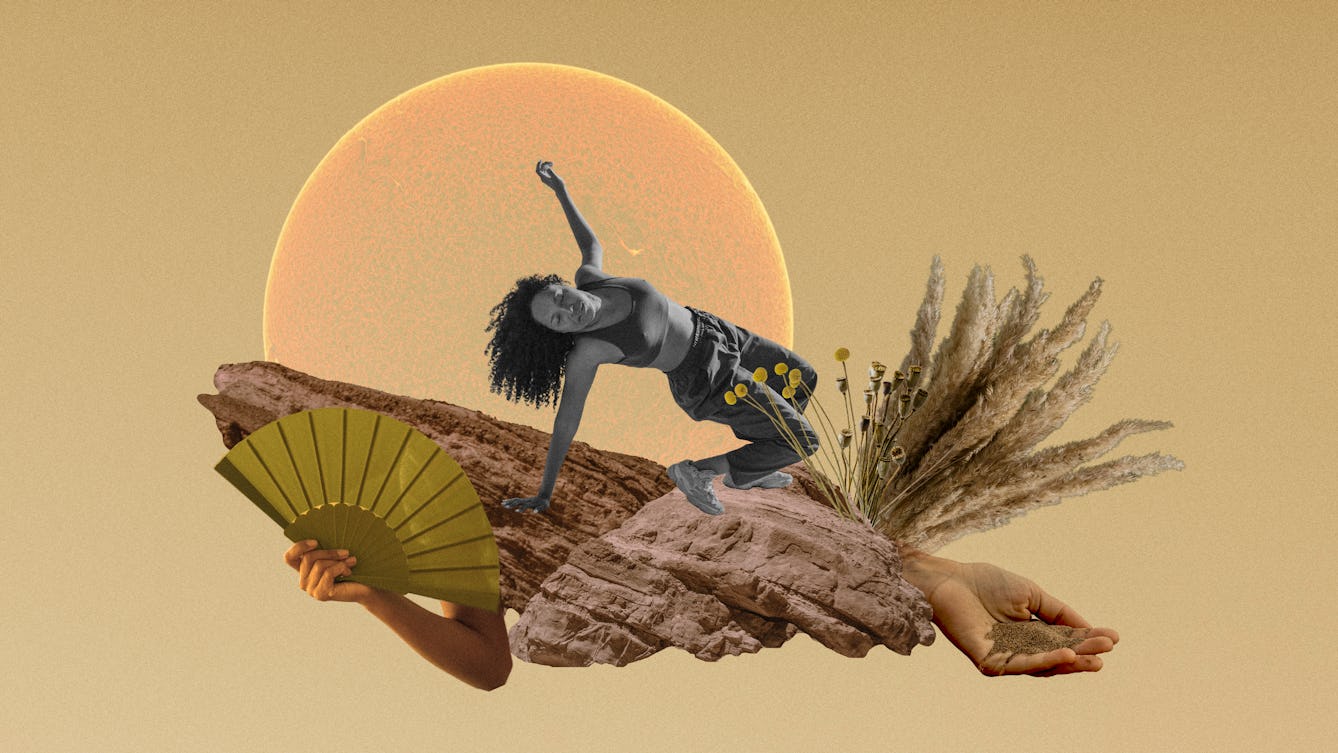
- Article
- Article
Heating up and drying out
Menopause doesn’t have to signify old age, but when your body feels like it’s letting you down, it’s hard not to believe that your useful life may be over.

- Article
- Article
Dynamo on the past, present and future of magic
The magician takes a tour and shares stories of history and inspiration.

- Article
- Article
Notes on need
Writing about bodies, and hearing the stories of others’ bodies, Johanna Hedva also heard, over and over, how people blame themselves – and are encouraged to do this – for illness and disability.

- Article
- Article
Does mass media pave the way to fascism?
In the aftermath of World War II, psychoanalysts found the psychological roots of authoritarianism closer to home than was comfortable.

- Article
- Article
Is fake news killing fictive art?
Parafictional artists create projects where the imaginary interacts with real life. But the growth of so-called ‘fake news’ is providing a new challenge.
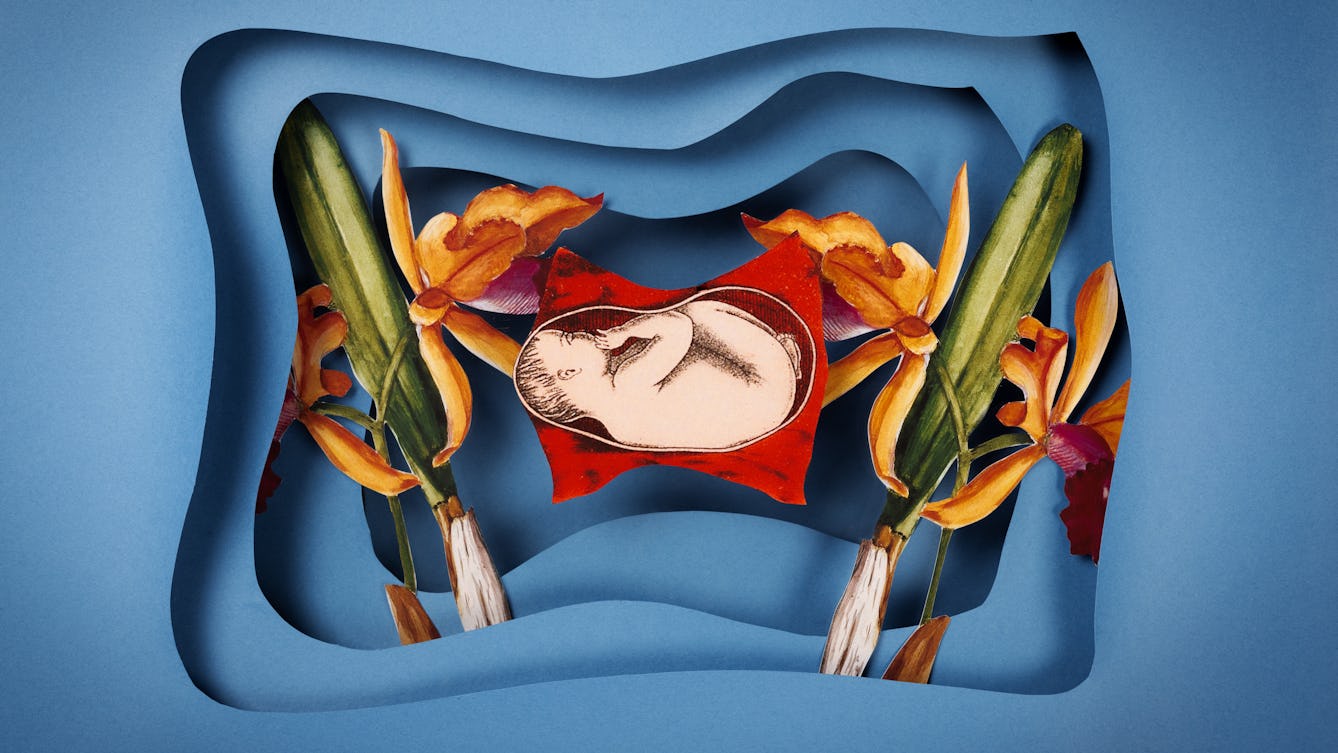
- Book extract
- Book extract
Of incubators, orchids and artificial wombs
In this extract from Claire Horn’s new book, ‘Eve: The Disobedient Future of Birth’, she traces the development of the artificial womb, soon to become a reality.